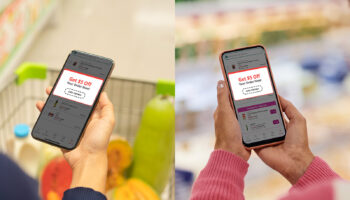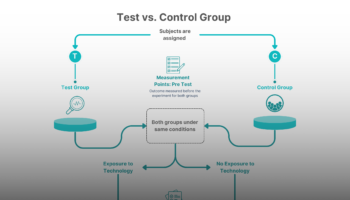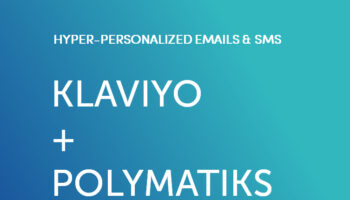Product “cannibalization” is when a product takes demand (i.e., quantity sold) away from another product, resulting in a loss of sales and profits. Two main business decisions that can result in product cannibalization are:
- The introduction of a new product. When Coca-Cola introduced Coke Zero, it cannibalized the sales of its existing products, Diet Coke. That’s because the same customers who used to buy Diet Coke now buy Coke Zero, even though Coca-Cola’s intention behind the launch of Coke Zero was to attract health-conscious male customers aged 18-25. However, Coke Zero attracted female customers away from the female-focused Diet Coke product.
- Changing the price of a product. Customers determine the value of a product in the context of the price range of products available to them and meet their needs. For example, if your brand sells 2 types of t-shirts with similar characteristics for $20 each, and choose to reduce the price of one t-shirt to $15, customers will likely now choose to buy the cheaper product and thus the lower-priced product has now cannibalized the sales of the higher-priced product.
Going a step deeper, product cannibalization occurs across “substitutable” products. Two products are considered “substitutable” if a customer can replace one product by the other. Said differently, two products are considered substitutable if customers can meet their needs by buying one or the other. In the aforementioned examples, Coke Zero and Diet Coke are substitutable products, and so are the 2 t-shirts.
Product “cannibalization” is when a product takes demand (i.e., quantity sold) away from another product, resulting in a loss of revenue and margin…two products are considered substitutable if customers can meet their needs by buying one or the other
Purely from a business perspective, why should these 2 concepts matter to you?
Understanding product substitutability requires you to understand your customers’ shopping behavior and the needs that your products fulfill for them. Equipped with these customer insights, your online store navigation should reflect that, thus making it easier for your customers to find what they need. Let’s continue with our Coca-Cola example, and assume they are offer the following 4 products:
- Coke Zero
- Diet Coke
- Coke Original
- Coke Original, Cherry flavour
What if Coca-Cola determines that customers prefer buying either low sugar soft drinks (i.e., Coke Zero and Diet Coke) or their Original products (i.e., Coke Original and Coke Original, Cherry flavour)? In this case, Coca-Cola might be well served to have 2 distinct Collections, namely “Low Sugar” and “Original” in their online store navigation for example, thus making it easy for customers to find what they’re looking for based on their needs.
However, what if Coca-Cola determines that it is mostly Women who buy Diet Coke and Coke Original, Cherry flavour, and Men who buy Coke Zero and Coke Original? In this case, Coca-Cola would be better served by defining its 2 distinct Collections as “Men” and “Women”.
Once Collections are established to encompass substitutable products, then you can start measuring the loss of sales and profits due to product cannibalization stemming from business decisions you undertake. This loss can be measured analytically, but is beyond the scope of this article.
In the Polymatiks app, the “Categorization” module allows each online store to select which of their Collections captures products that are substitutable to each other. We then leverage that information to ensure that any personalized offer given to a customer has a net positive impact on the business given the product cannibalization that exists. It also helps that Polymatiks has two leaders with Doctorate degrees and +50 years in combined pricing predictive analytics and optimization to measure product cannibalization appropriately!
Want to learn more about how Polymatiks works? Click here to book your demo or email us at info@polymatiks.ai.



